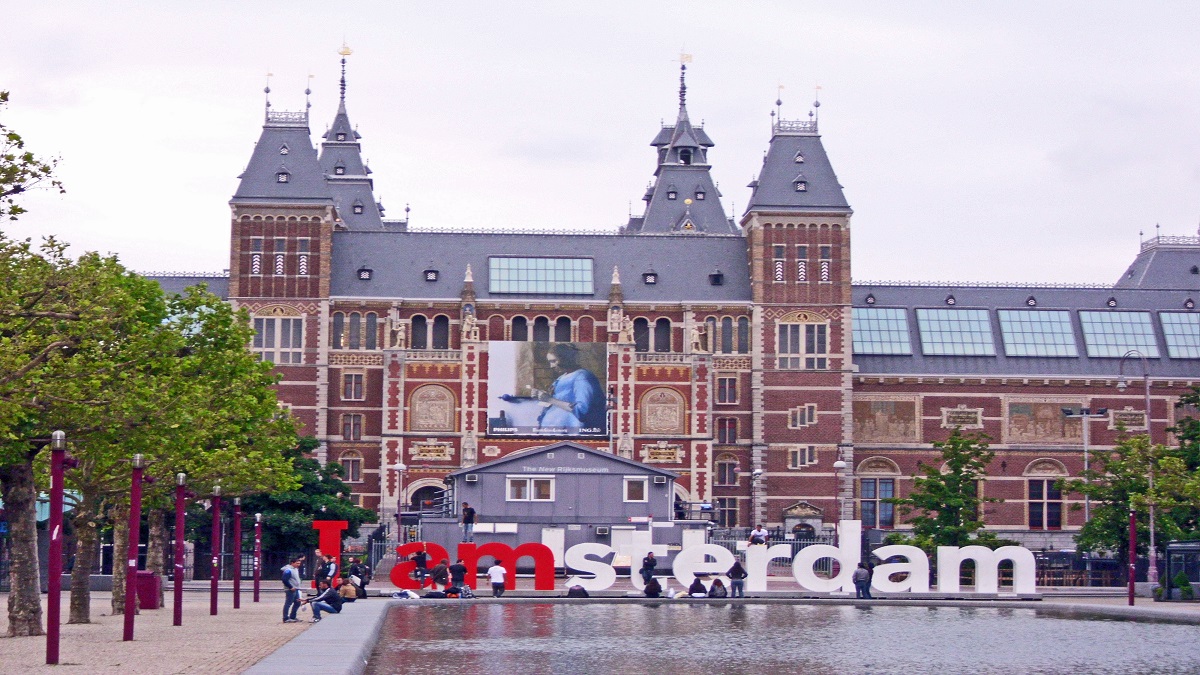
Join a cutting-edge NWO-funded project at the Amsterdam School for Cultural Analysis and Media Studies. This postdoctoral position explores the dynamics of distrust in digital societies, analyzing vast social media datasets to develop innovative, medium-centric theories. Collaborate on groundbreaking research addressing the rise of online toxic cultures, conspiracy theories, and post-truth phenomena, advancing our understanding of the digital age’s complex communication landscapes.
Postdoc in Digital Media: Understanding Media Dynamics of Distrust
Working at the UvA
Are you looking for a Postdoc position in Digital Media?
In 1964, in a ground-breaking work entitled ‘Understanding Media’, which first introduced the notion that “the medium is the message”, Marshall McLuhan argued that the dawning era of electronic networked communication would have far-reaching effects on the organization of society into a “global village”. While this vision of global interconnection would later be celebrated in Silicon Valley, it also had a darker side of increased “tribal” animosity and distrust – ever more evident with the rise of toxic techno-cultures like the “manosphere” and online conspiracy theories like “QAnon”. Broadly positioned in relation to the McLuhanesque tradition, this Postdoc position is concerned with 1.) collecting and empirically redescribing “dynamics of distrust” within (large) social media datasets and 2.) contributing to developing a novel (medium-centric) theoretical framework through which to understand them. Building on disciplinary approaches that consider social media platforms as discrete “environments” with their own “affordances”, the candidate and the project leader will work together to develop an empirically grounded approach to theorize intra- and inter-platform dynamics of media message propagation that goes beyond the much-used concept of the “meme”, as the base unit of cultural reproduction. Defined by three main actors (algorithms, influencers, and crowds), these media environments both produce and thrive off of post-truth pseudo-events that may be better understood as involving “ritual” and “multi-directional” communications flows, than in standard terms of linear transmission, and top-down misinformation campaigns (Bastos & Tuters 2023, Tuters & Noordenbos forthcoming).
The research position combines empirical data collection and analysis with theory building. It involves working closely together with the project leader and his collaborators, to develop empirically grounded theories based on the analysis of existing datasets – e.g. a Twitter dataset (n=10M) focussed on the spread of ‘conspiracy theories’, post-covid – as well as potentially collecting and analysing dynamics of distrust within and across other social media platforms, using APIs, DSA requests, web scraping techniques or through other available archived sources. The position is situated in a department world-renowned for developing the “digital methods” approach of repurposing platforms affordances as the basis of social research – for example, by interpreting “hashtags” as “issue spaces”. Building on such empirical methods, this project opens a dialogue with newer conceptual frameworks (including, but not limited to actor-network theory, assemblage theory, new materialism and agential realism), to help to understand evolving patterns and relations of consistency in social media datasets which may not be adequately described with ‘off the shelf’ concepts from social theory.




